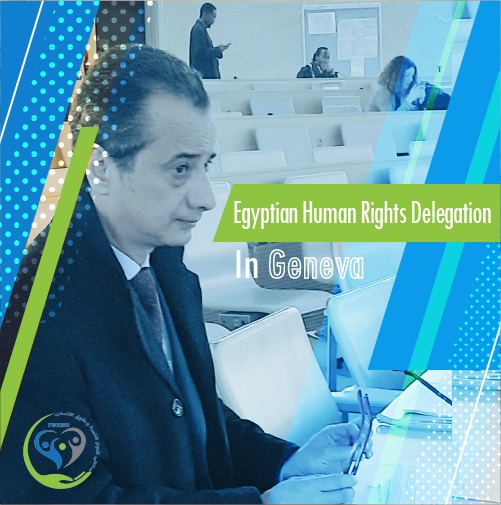Tuesday, 24 March 2020
Press Release
Forum of Development and Human Rights Dialogue (FDHRD) demands the United Nations High Commissioner for Refugees (UNHCR) to work on providing water at full speed to refugee camps in Lebanon, Jordan, and the Turkish-Greek border for their importance in preventing the emerging corona virus.
FDHRD emphasizes in its press release, today Tuesday, that the displaced and refugees are living in tragic conditions due to their living and living conditions, with the possibility of contracting the Corona virus due to the difficulty of obtaining water and disinfectants in the absence of international attention to them. In Lebanon, about one million Syrian refugees live in a state of deadly terror due to the epidemic and the possibility of its spread inside the camps after the emergence of the virus infections in Lebanon, and the distress of many refugees from the lack of enough soap or the money needed to buy disinfectants or masks.
While the Lebanese government was complaining about the weakness of international cooperation in this crisis, the Health Minister Hamad Hassan said in press statements that health care for refugees is a joint responsibility between Lebanon and the United Nations agencies. He warned that the international community’s response to the crisis was slow, as it was late to think about establishing a field hospital, or with the support of the Lebanese Ministry of Health so that it can carry out its duties towards Palestinian and Syrian refugees.”
More than 1.3 million Syrian refugees in Jordan are also suffering from the same crisis, including approximately 123,000 of them living in three camps, Zaatari, Azraq and Murajib al-Fuhud, where the water disappears for days and there are no preventive missions against the virus.
FDHRD warned of the multiplicity of crises about 47,000 refugees centralizing along the Turkish-Greek border, from the same problem, due to the lack of water, whether for drinking or disinfection, the failure to reach prevention missions, and their fear of the virus reaching them after the emergence of infected cases in Turkey and Greece. Head of FDHRD, Saeed Abdel Hafez stressed that the United Nations High Commissioner for Refugees (UNHCR) should move quickly to save refugees in the Middle East from the problem of water shortage and provide it in cooperation with the concerned governments due to its importance in the process of preventing the emerging corona virus. He warned of the danger of ignoring the problem of water shortage. Refugee camps are in these difficult circumstances because, in case of infection, they will turn into hotbeds for an outbreak of the disease due to the poor health care provided to them or located inside the camps, which may cause human losses for the refugees






